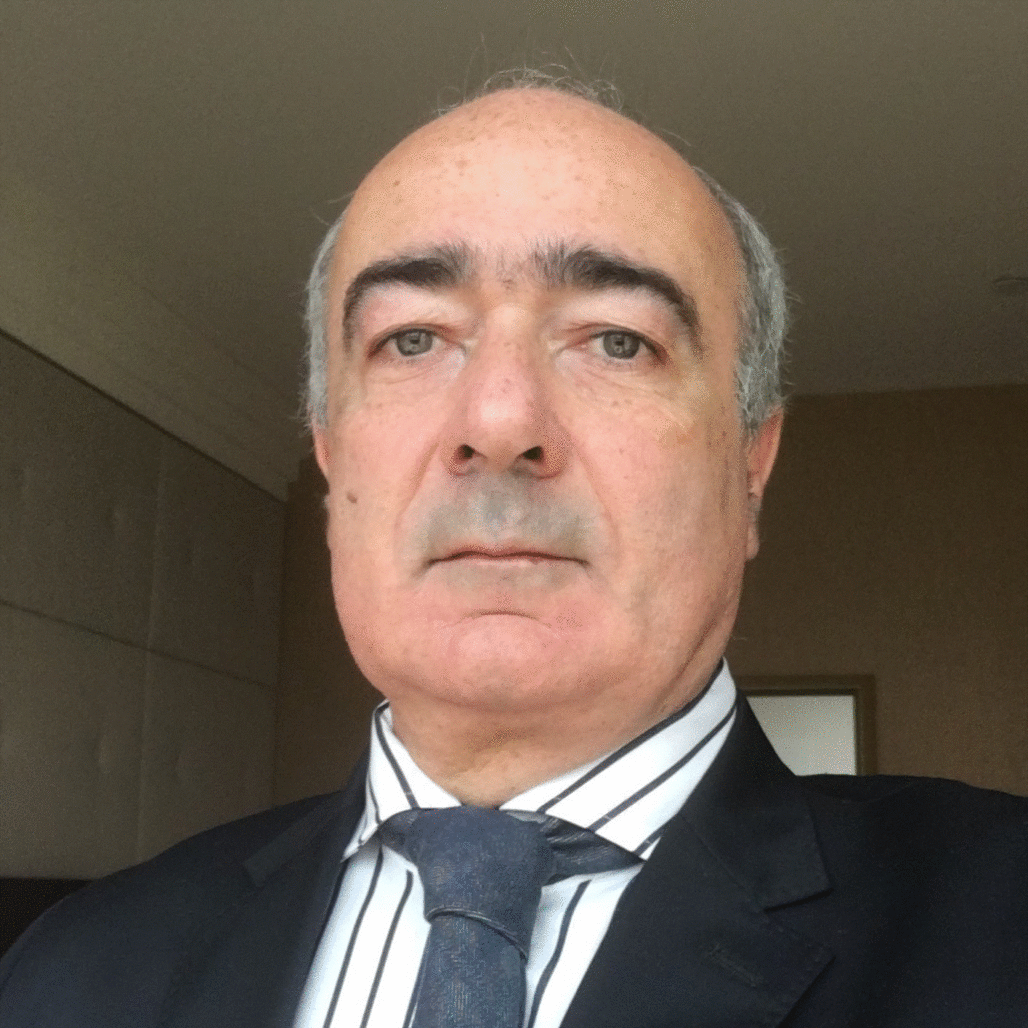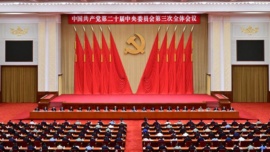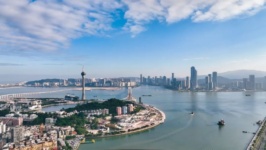By Jorge A. F. Godinho
The success of the Macau experience after the 2001/02 major reforms and public tender caused a revolution around Asia. In the last two decades, a normalisation of casino gaming has taken place. This was done with a specific twist: games of chance must be offered within integrated resorts. Singapore and the Philippines followed Macau and developed large gaming industries. Japan has moved ahead, but only one integrated resort is being built; it will open in 2030. Thailand is also going to legalise casino gaming, apparently. Other second-tier markets have appeared.

The gaming industry in Macau grew enormously from 2004 to its peak in 2013/14. Since then, it started to move sideways, in a bumpy ride that became a free-fall with the pandemic of 2020/22. It is now recognised that some of the Macau developments in the last two decades were a bit excessive: too many satellite casinos have opened, too many junkets were active, too much credit for gaming was being granted, too much money was moving out of China by illegal means. And there were not enough non-gaming offers. During the 2002-2022 concessions, diversification efforts were not exactly a failure, such as on MICE, but overall they were not a massive success either.
The major regulatory reforms of recent years have been designed to correct past excesses and set a more sustainable path. Many satellite casinos have closed. Junkets can no longer grant credit. Money movements are tightly controlled. Limits on the number of tables were already imposed back in 2010. The turn to an industry oriented to the mass market and much less to the VIP sector, and a more diversified one, has been gathering steam. The accelerated development of non-gaming offers in Macau is happening, following the new six concession contracts signed in 2022. It is too early to tell whether the non-gaming benchmarks, plans and commitments made were overly ambitious and will have to be restructured after the dust settles, like it happened in the past, or will work well. The exact details of diversification are inherently complex, to be followed up all the way to 2032.
The massive news in the last year or so is the prospect of the Kingdom of Thailand legalising gaming by having several large integrated resorts around the country, one in each region or area, much like the Portuguese casino landscape. Details are not yet clear, or even if it will happen at all, and there are political risks that may deter the largest investors. The opportunity is, of course, almost unparalleled: Thailand is already one of the top tourism destinations in the world, and it is not an extremely expensive country like Singapore has become. It is also quite close to China and has good infrastructure.
If Thailand can pass proper regulation and have rule of law and transparency in the functioning of the system, in the context of broad political support, large operators may be attracted. Good regulation helps the industry and the government and promotes the acceptability of the projects among the population. In 2024, there is no reason to make mistakes and not learn from what other jurisdictions have done right or wrong. If everything goes ahead and works well, in a few years from now Thailand may be generating significant competition for Macau.
*Associate Professor, ISMAT, Portugal and Visiting Professor, University of Macau, China





















